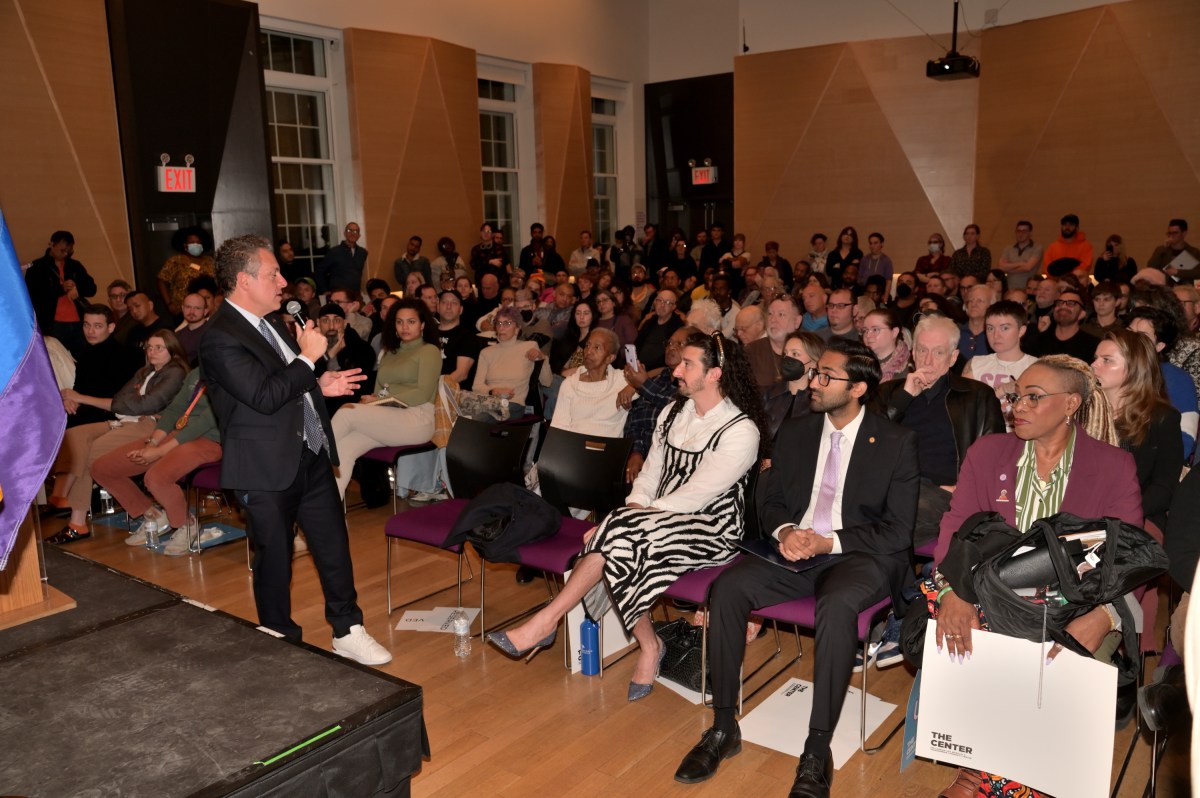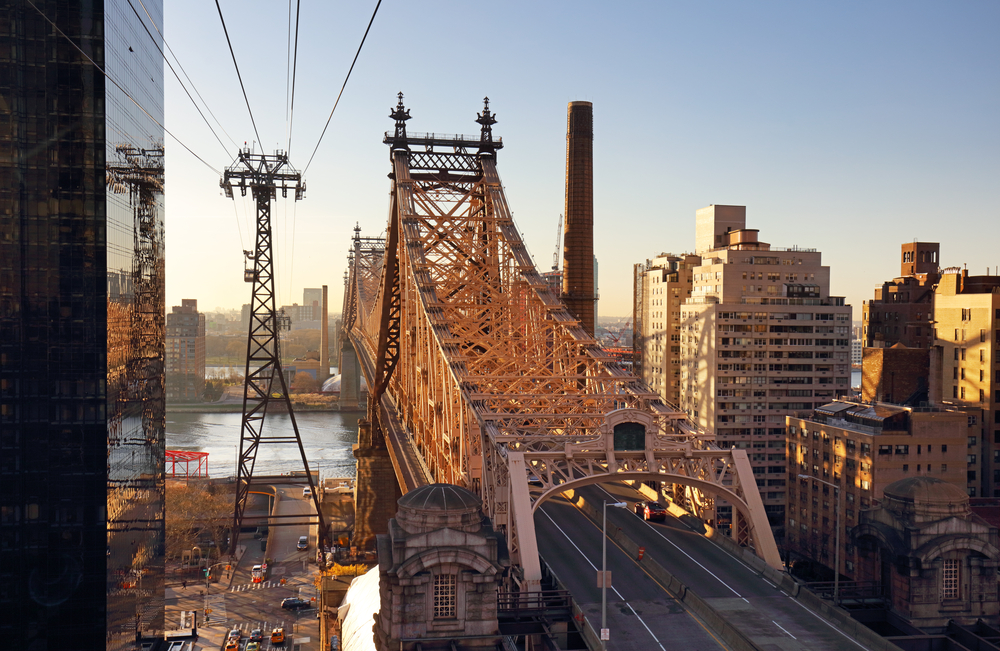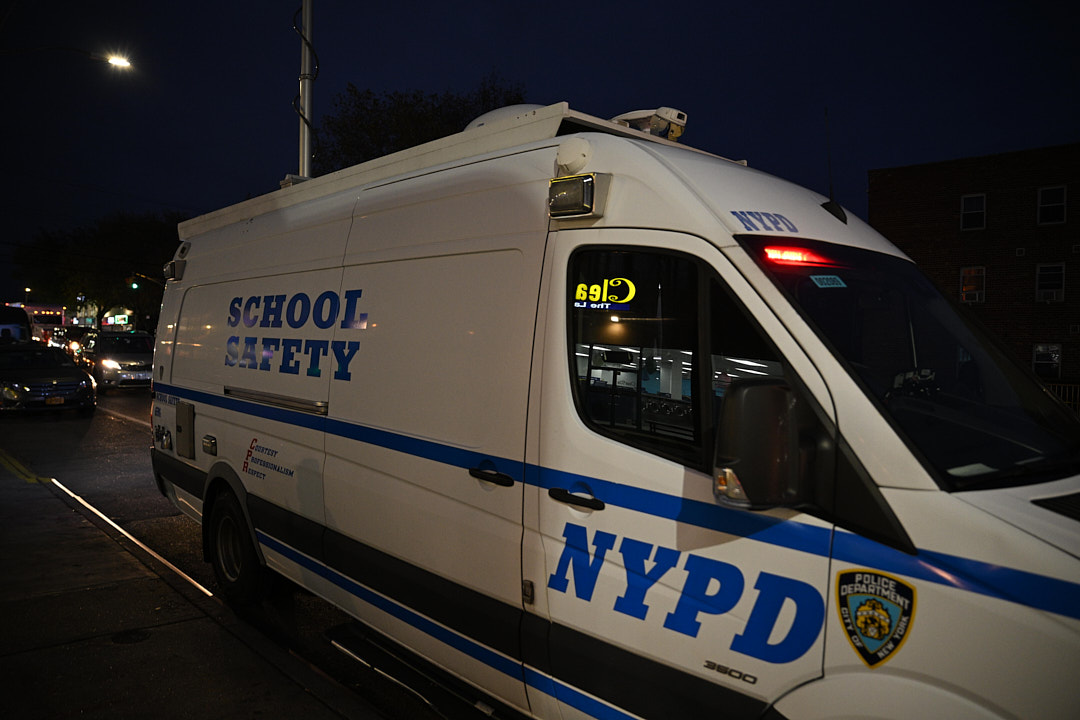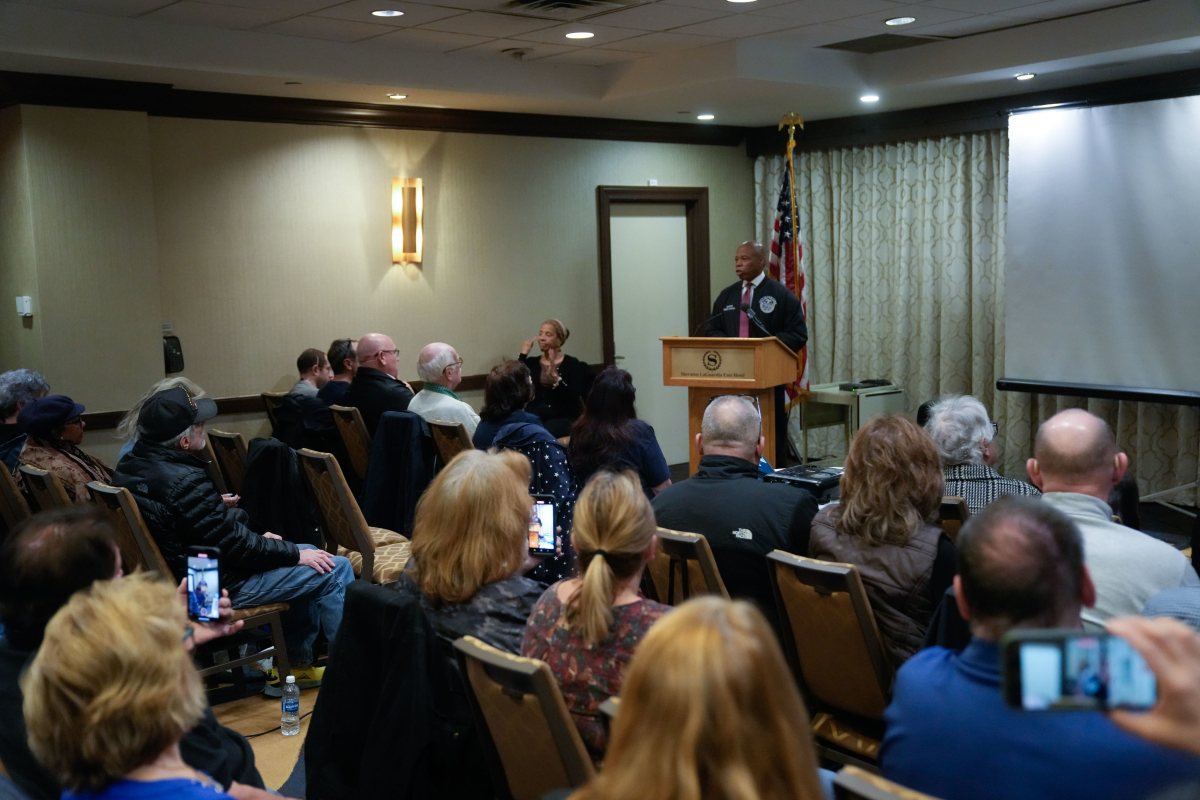
The MTA will look to tackle bad contracts, layers of bureaucracy and poor project oversight to rein in exorbitantly high construction costs that have crippled the transit authority’s ability to expand its network of subways and railroads.
MTA chairman Joe Lhota embraced a new memo presented Wednesday by Scott Rechler. Rechler, an MTA board member and real estate executive, led the board’s task force to address what he described as a completely “broken” system used to deliver big projects like the $4.5 billion first phase of the Second Avenue subway and the now $11 billion East Side Access.
At a time when the city and its surrounding region has seen record growth, the MTA has failed to deliver new projects on time and on budget. An investigation from The New York Times and subsequent report from the nonprofit Regional Plan Association detailed how MTA projects were often far more expensive than similar work in other cities around the world. Rechler likened the problem to the city’s high crime rates in the 1990s — a crisis that is crippling the health and growth of the region.
“We’re going to find ourselves at the same tipping point — that the very thing that has fueled the growth of our economy, which is people wanting to live here because of the quality of life, reversing itself if we don’t solve the problem,” Rechler said.
Rechler’s proposed strategy, cultivated over six months, will require the buy in of not just the MTA, but also lawmakers and unions involved in the regulation of the agency’s bureaucracy and in building the projects themselves. He outlined several steps the agency has pledged to pursue, including the creation of a uniform, simpler contract that can be issued for every type of project and the establishment of a “project CEO” for each major construction who could make fast decisions and be held accountable if something goes wrong.
“Even just those two things would institutionalize change throughout the whole MTA and that’s what we’re going to focus on,” Rechler said, adding that the MTA is already working to rewrite a cookie-cutter contract and is testing a project CEO on the LIRR’s ongoing third track construction.
Those ideas could drastically reduce the current laborious process of changing an element of the construction mid-job. The typical project change order requires 40 steps and 17 people, which could take nine months, according to Rechler. On top of that, the MTA’s current contract dictates that crews must continue what is at best useless work until the change order is approved.
“We’re now incurring duplication of work and frustration for the teams that are doing this because they know it’s all going to be torn out at the end of the day,” Rechler said.
To deal with that level of bureaucracy, contract bidders tack on what could be a 25 percent premium off the normal cost of the project to account for what’s known as the “MTA factor,” he added.
Lhota acknowledged that the deep cultural changes needed to fully enact project reforms won’t be an easy fix. The chairman stressed that MTA employees can’t be afraid of change.
“I think the most important part in this change and this strategy is changing the culture,” Lhota said. “You can have the greatest strategy in the world, but if the culture doesn’t change, nothing’s going to change with it.”
MTA board member Andrew Saul, who has been vocal in criticizing the authority over its capital costs, called Rechler’s memo “really well thought out.”
Rechler’s presentation didn’t dive into some of the more politically challenging issues that reports have identified as part of the problem, like overstaffing at construction sites.
“The next phase is, we’re going to work with our partners in labor, we’re going to work and look at the legislative elements of this, the regulatory elements of this — things that are outside of our control,” Rechler said.



































